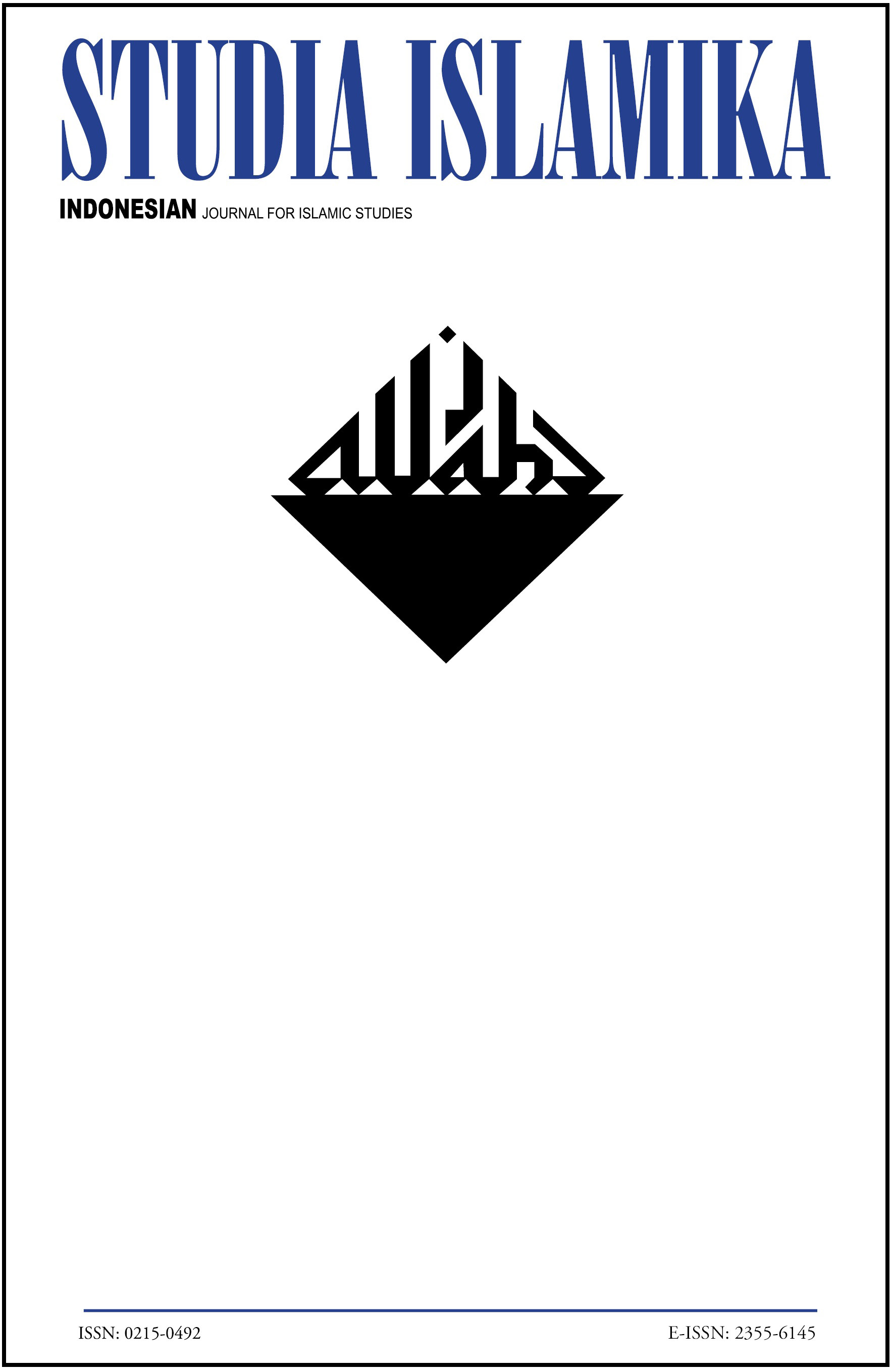Abstract
Indonesian government plays an important role in developing religious education. Since the 1970s, the government has promoted basic education for the Indonesian citizen, modernizing primary and secondary education and including religious subjects in the national curriculum. Furthermore, from the early beginning of the New Order era, Islamic educational institutions such as pesantren and madrasah—which are mostly founded by private or informal institutions— must also follow the national curriculum and comply with state regulations. On the one hand, pesantren is continuously recognized as an autonomous institution, and honored as a community-based educational institution. Madrasah, on the other hand, is supported to teach Islam and religious subjects, but at the same time it is required to introduce sciences and general subjects to its students.During the 1980s and 1990s, major changes in the curriculum of Islamic religious education in Indonesia have turned madrasah into education institutions increasingly integrated in Indonesia’s national education. In fact, the share of general studies reached 70%, while religious studies have been reduced to only about 30% of madrasah curriculum. As a consequence, all madrasah graduates have equivalent degree recognized by other schools in general, enabling them to pursue undergraduate studies in public universities.DOI: 10.15408/sdi.v25i1.7284Authors who publish with this journal agree to the following terms:
- Authors retain copyright and grant the journal right of first publication with the work simultaneously licensed under a Creative Commons Attribution License that allows others to share the work with an acknowledgement of the work's authorship and initial publication in this journal.
- Authors are able to enter into separate, additional contractual arrangements for the non-exclusive distribution of the journal's published version of the work (e.g., post it to an institutional repository or publish it in a book), with an acknowledgement of its initial publication in this journal.
- Authors are permitted and encouraged to post their work online (e.g., in institutional repositories or on their website) prior to and during the submission process, as it can lead to productive exchanges, as well as earlier and greater citation of published work.
Downloads
Download data is not yet available.

